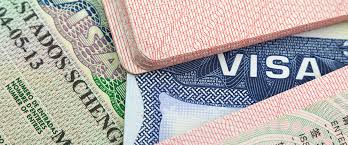
In 2024, African travelers collectively lost nearly $70 million in non-refundable Schengen visa fees, exposing a growing financial and mobility crisis.
According to new data from the LAGO Collective, countries such as Nigeria, Senegal, and Ghana faced rejection rates ranging between 40% and 50%, despite applicants providing extensive documentation. Nigeria alone forfeited over $5 million in denied applications. The Schengen area — comprising 29 European nations including France, Germany, and Spain — received more than 11.7 million short-stay visa applications globally in 2024. Yet, African applicants experienced rejection rates far above the global average of 18%, with Comoros topping the list at a staggering 61.3%.
Each application costs 90 Euros, regardless of outcome, and visa fees rose in July 2024, deepening the burden. Critics have called the process opaque and discriminatory, with many applicants receiving vague or no explanations for rejections. While a few have contested the decisions in court, most quietly absorb the loss — or reapply, losing more money. These are “reverse remittances,” said Marta Foresti, founder of the LAGO Collective. “The poorest countries in the world are paying the richest countries not to let them in.” As African nations seek to build economic ties with Europe, the visa disparity stands in stark contrast, raising serious questions about equity, reciprocity, and respect. With mounting financial losses and limited mobility, many are calling for urgent reforms to ensure fairness and accountability in the visa system.
